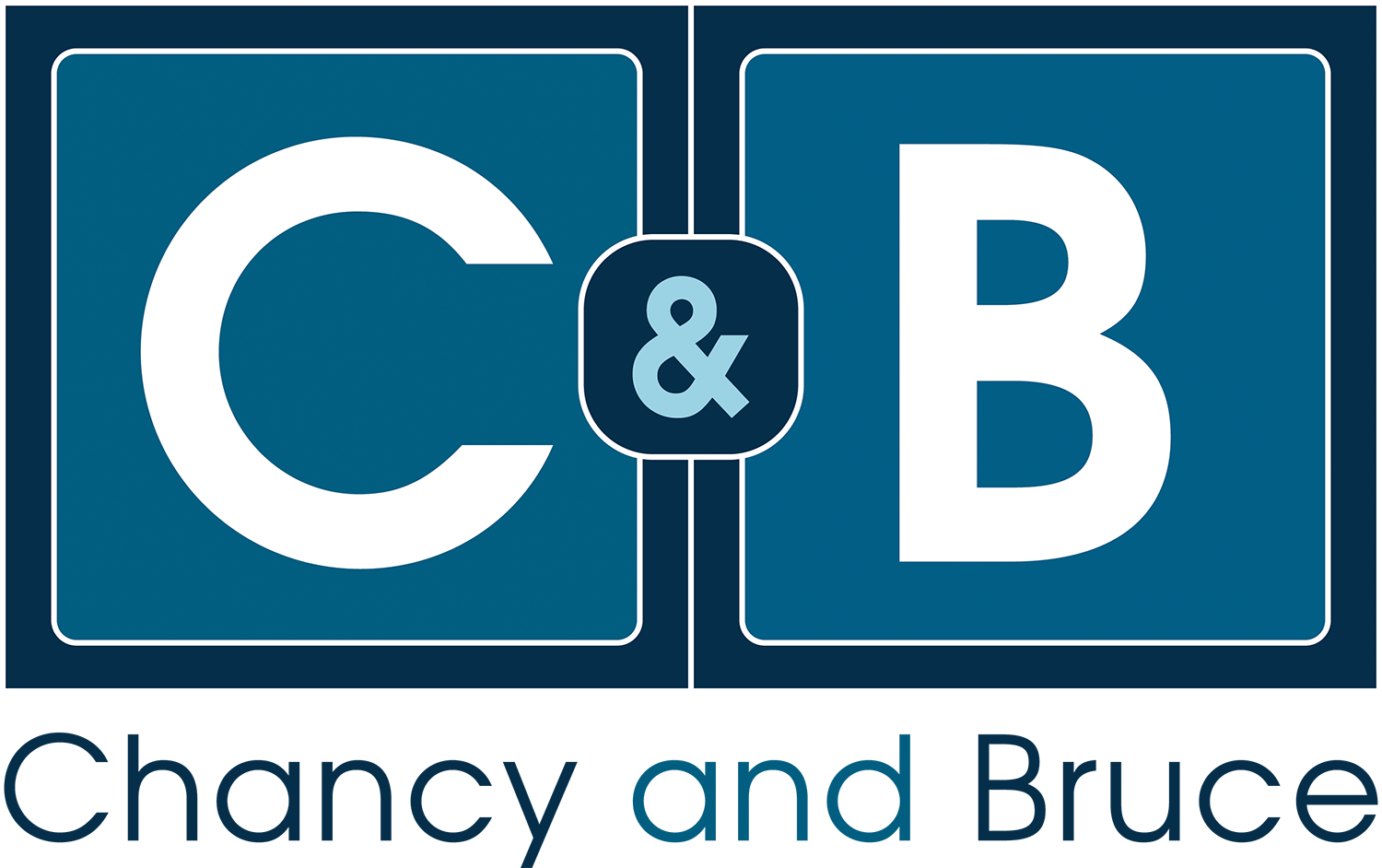Kindergarten
Readiness
What Is Kindergarten Readiness?
Definition:
School Readiness is defined as the "ability to cope, learn, and achieve without undue stress." Memorizing a list of facts is different from having the developmental processing skills and maturation needed for success in school. School Readiness and intellectual capacity (I.Q.) do not necessarily correlate. Each child is a unique human being who grows and develops at their own rate.
Age Requirement:
Many states and private schools have an age requirement for school entrance that says a child must be five years of age on or before a specific date. The majority of states and private schools use a date that falls between June 1st and September 1st. This is considered a permissive law as Kindergarten is not considered compulsory in California, allowing each district to decide whether or not to change this date. Many states allow the local jurisdiction or school board to determine the cut-off date for entrance.
New Standards:
Professionals generally agree that the "push down" of academic curriculum has gradually increased. Recently, many states have legislated performance standards for each grade level, including Kindergarten. Along with these standards, legislation has been enacted, eliminating the practice of social promotion. Research has also indicated that a child who has not begun the reading process by the end of first grade becomes at risk for learning. Different types of curriculum and the delivery of that curriculum require certain maturation levels in processing skills, attending maturity, and social-emotional maturity. Often, children are hurried or presented with activities that put undue pressure on them to meet specific curriculum expectations before they are ready for such experiences.
The Federal Government has initiated a program called "No Child Left Behind." Other federal programs, such as Common Core, have been instrumental in promoting the importance of early childhood and starting school "ready to learn."
What do Kindergarten Teachers Say?
Chancy & Bruce recently asked Kindergarten teachers to respond to questions on readiness. A few of their responses:
"More often it is the younger child in my class who is asked to repeat."
"Social-Emotional maturity is very important in looking at readiness."
"Children entering before their fifth birthday appear to be at a disadvantage compared with their older classmates."
"Boys with summer/fall birthdays seem to fall behind quickly."
"I would rather have enrichment activities for the 'very ready' child than watch a child struggle and not want to come to school."
One teacher stated, "Children are born when they are ready, creep when they are ready, walk when they are ready, talk when they are ready, but start school when they are told to."
What do Parents Ask?
The most frequent questions asked by parents are:
"What can I do to get my child ready?"
"My child has been in Preschool for 2 years, why did they not get him/her ready?"
"Will my child get bored if I give him/her the gift of time?"
"If I decide on the gift of time, where is the best place to spend an extra year?"
Specialists in the field of child development feel strongly that readiness is not something that a child is trained for but is the understanding of a child's unique development and growth pattern and what types of activities will enhance the natural development of a child in the areas of motor development, visual processing skills, auditory processing skills, language skills, conceptual skills, and social-emotional behaviors.
Feelings of self-worth develop as a child feels good about their environment and how they interact in that environment. The essential gift an early childhood center can give a child is the time to socialize and grow emotionally. This happens in a nurturing center that has a child-centered environment. A review of content standards in Kindergarten curriculum demonstrates the need for a child to be developmentally between 5 to 5 1/2 years of age (regardless of their chronological age when they start school) to be successful and to begin the reading process no later than First Grade. Many private schools expect that reading will start at the end of Kindergarten. There is a difference between a child who is developmentally young and a child who is developmentally delayed. Research indicates the importance of early intervention for children demonstrating delays in their processing skills. However, developmentally young children do best in school when they can develop and mature in an appropriate setting. This would be a TK, Pre-K, Preppy K, or Junior K setting which is provided through a Preschool, Private, or Public School.


